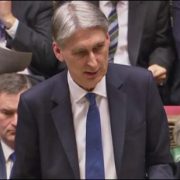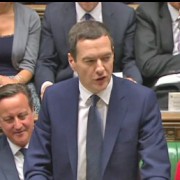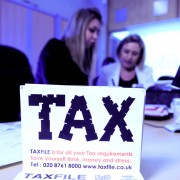Spring Budget 2017: Key Changes Affecting SMEs & the Self-Employed
Philip Hammond, Chancellor of the Exchequer, delivered his Spring Budget to the House of Commons today.
If you missed it, you can watch and listen to the entire speech by clicking the video above. For those without 55 minutes to spare, we spotlight the key changes, particularly in relation to tax, National Insurance, the self-employed and small businesses.
- For the self-employed, Class 2 National Insurance Contributions (NICs) were already set to be abolished from April 2018. Today, to the surprise of many, the Chancellor announced that Class 4 NIC rates will increase from 9% to 10% from April 2018, increasing again to 11% in April 2019. The Chancellor said that this was to more closely align self-employed NI rates with those paid by employees, particularly in view of the new State Pension to which the self-employed will now have access.
- Tax-free dividends for those working through a limited company will also be reduced from the current £5,000 level to just £2,000 in April 2018. Corporation Tax will then be charged above that threshold. Again, the reason cited was to bring the self-employed more in line with employees in terms of tax paid overall.
- The National Living Wage, for those over 25, will increase to £7.50 per hour from April.
- From April this year, the personal allowance (the amount people can earn before paying income tax) will increase to £11,500 and to £12,500 by 2020. The threshold for higher rate tax will also increase from £43,000 to £45,000 this April.
- Up to £2,000 (tax-free) will be available towards the cost of childcare for children under 12 from April this year. So for every 80 pence you pay in childcare costs up to £10,000 maximum, the government will add a further 20 pence.
- Those lucky enough to be able to afford it will be able to save up to £20k maximum in their ISAs from this April. There will also be an NS&I bond introduced, which will pay 2.2% interest on a maximum of £3,000 per person.
- There will be help for businesses following business rate increases, particularly pubs, which will receive a £1,000 discount if their rateable value is less than £100k (apparently that’s 90% of all English pubs). Also businesses coming out of ‘small business rate relief’ will be helped through the transition with a promise of increases no larger than £50 per month from next year.
- There will also be an expansion of the clampdown on tax avoidance where some businesses were converting capital losses into trading losses.
Other announcements made by the Chancellor Read more






